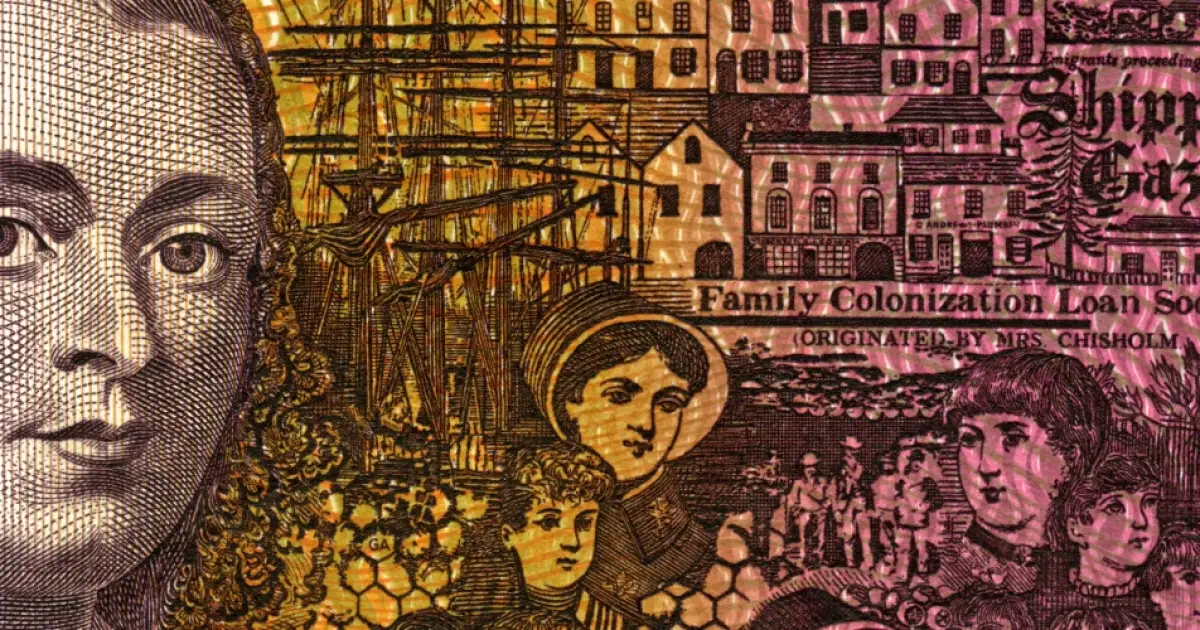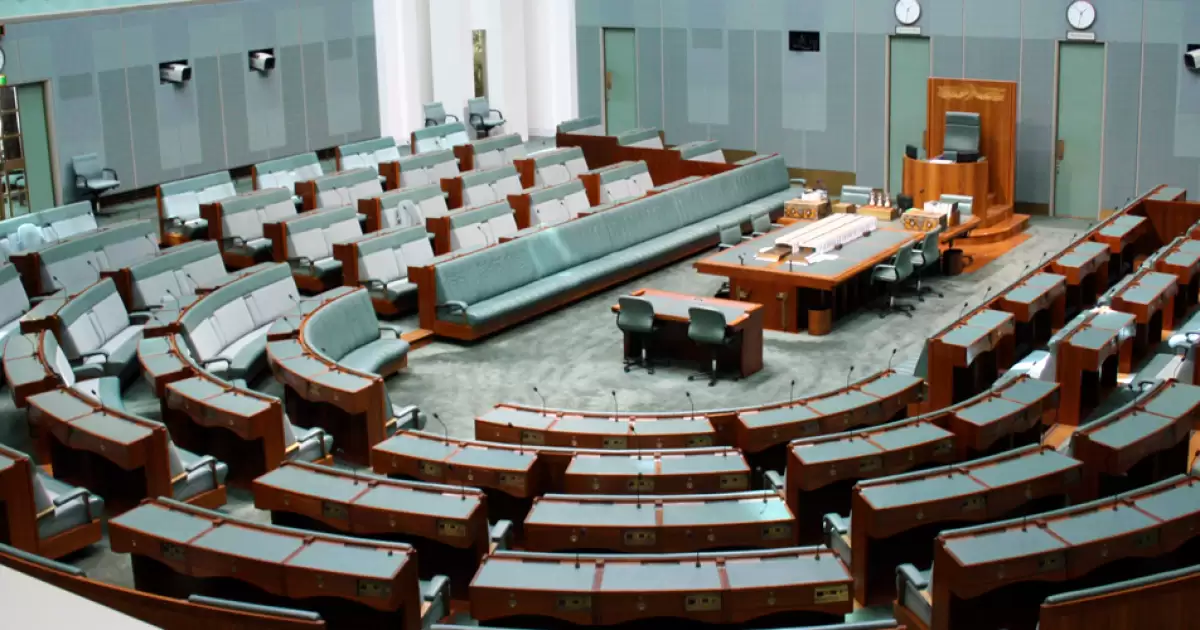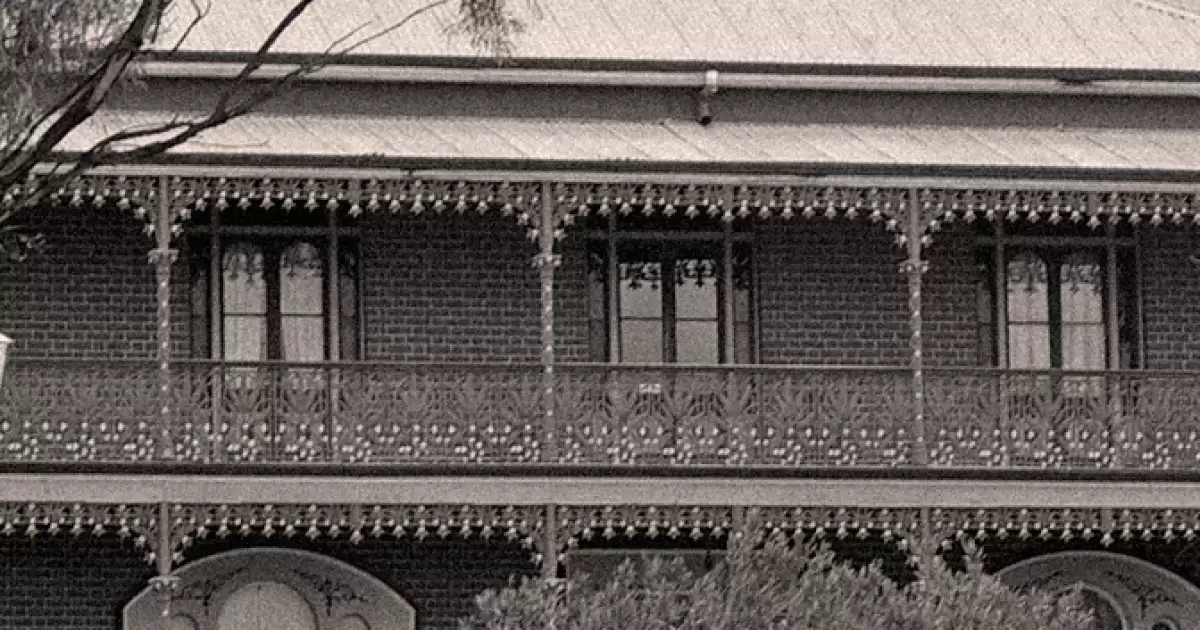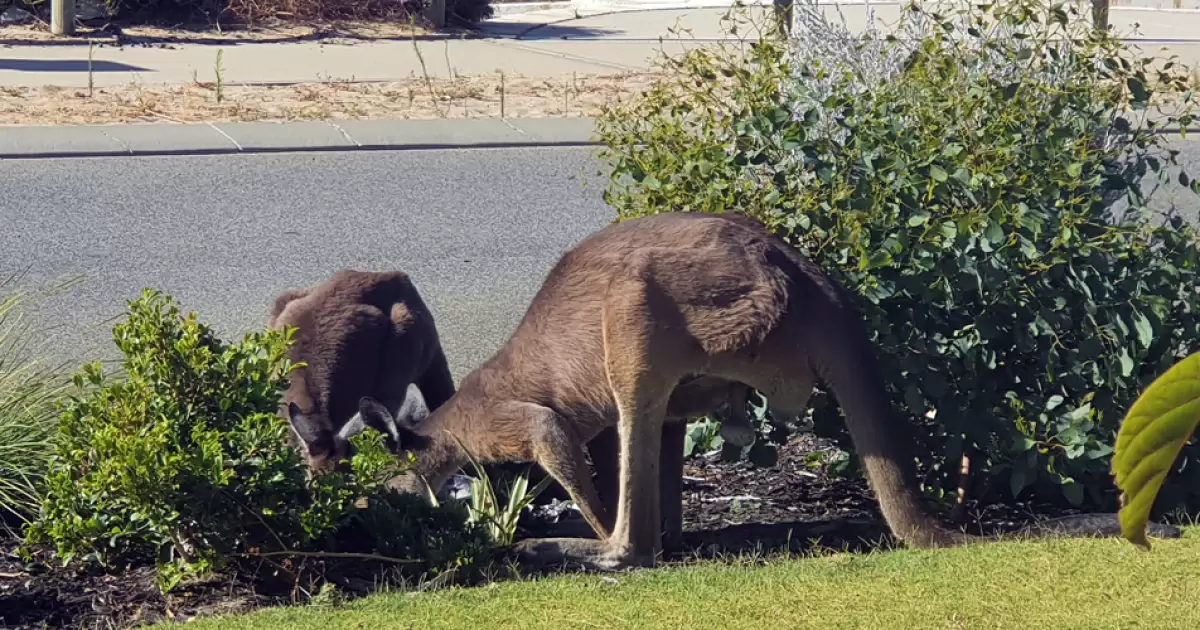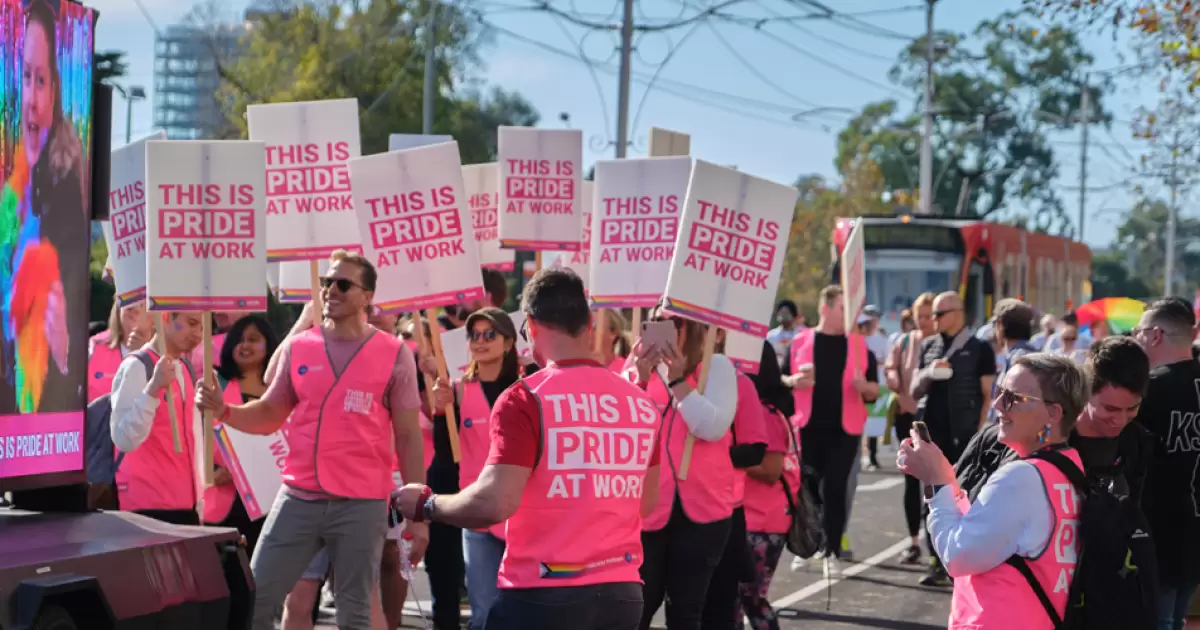The Australian Constitution is the foundation on which Australia's political system is built. It embodies the principles of democracy, equality, and the rule of law. The Constitution sets out the framework of the Australian Parliament, including its composition, role, and powers. It also outlines the relationship between the federal and state governments and contains several provisions for the protection of individual rights. We will delve into the various aspects of the Australian Constitution and try to provide you with a comprehensive understanding of this essential document.
Composition of the Australian Parliament:
The Australian Parliament consists of two houses - the House of Representatives and the Senate. The House of Representatives, also known as the lower house, is made up of 151 members, elected through a system of preferential voting. The Senate, or the upper house, has 76 members - 12 from each state and 2 from each territory. The Senate's role is to scrutinize bills passed by the House of Representatives and act as a house of review. The members of both houses are elected for a fixed term of three years.
Role and powers of the Australian Parliament:
The Australian Parliament is responsible for making federal laws, granting and scrutinizing the national budget, and holding the government accountable. It has the power to initiate legislation, amend existing laws, and veto bills passed by the other house. The Parliament's primary function is to represent the interests of the Australian people and ensure that their views are reflected in the country's laws. It also has the power to investigate matters of public importance through parliamentary committees.
Relationship between federal and state parliaments:
The Australian Constitution establishes a federal system of government, in which the powers are divided between the federal government and the states. While the federal government has the power to make laws on matters such as defense, currency, and immigration, the state governments retain powers over areas such as education, health, and transport. The Constitution also provides for a mechanism of cooperation between the federal and state governments through the Council of Australian Governments (COAG).
Roles of the executive government and the High Court:
The executive government is responsible for implementing the laws passed by the Parliament. The Prime Minister heads the government, and the members are appointed by the Governor-General, who is the Queen's representative in Australia. The High Court of Australia is the country's highest court, responsible for interpreting the Constitution and resolving disputes between the federal and state governments. It also has the power to interpret federal laws and review decisions made by lower courts.
Rights of Australian citizens:
The Australian Constitution contains several provisions for the protection of individual rights. These include the right to freedom of religion, the right to vote, and the right to be treated equally before the law. It also provides for the separation of powers, ensuring that no one branch of government has too much power, and that there are proper checks and balances in place.
The Australian Constitution is a vital document that underpins the country's political system and protects the rights of its citizens. It is essential to understand its various provisions and the roles of the different branches of government to actively participate in Australia's democracy. We hope that this beginner's guide has provided you with a comprehensive understanding of the Australian Constitution and its significance.
